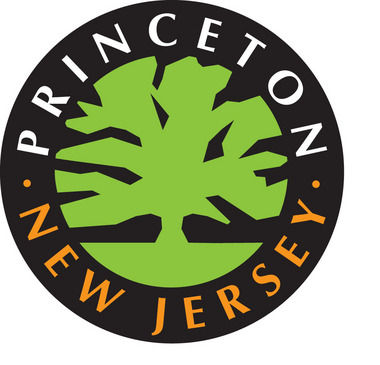By Philip Sean Curran, Staff Writer
Princeton officials defended their decision to side with Princeton University on a narrow legal issue in a citizens’ lawsuit challenging the school’s property tax exemption, a case with potential to lower the taxes of all property owners.
The issue dealt with who should have the burden of proof in the case, something that council members said could have had wider implications beyond just this lawsuit. The university wanted the four residents suing the school and the town to have to convince a New Jersey tax judge why the university is not entitled to its exemption. The town joined in that request.
But Judge Vito L. Bianco ruled earlier this month that the university has to show him why the school is entitled to the exemption. As part of that decision, the judge also wrote that burden of proof did not fall to Princeton tax assessor Neal Snyder. In his ruling, the judge said the town “does not bear the burden.”
Council members said last week that they wanted to shield Mr. Snyder from having to defend why he gave the university the exemption. They said it was imperative to protect his right to declare an institution tax exempt or not.
“That’s critical as far as we’re concerned,” Council President Bernard P. Miller said Friday by phone.
“We did not want the burden of proof” to fall on the assessor, Councilwoman Jo S. Butler said Friday in explaining why the town had sided with the university.
They said if Mr. Snyder had been put in a position where he had to defend his decision, it would potentially open the floodgates to other legal challenges to his decisions involving other institutions in town.
But Bruce I. Afran said Monday that the town’s explanation is “nonsense.”
He said New Jersey case law has held that the burden of proof is always on the property owner in tax appeal cases, not the tax assessor. He said there was no “danger” that the judge would have put Mr. Snyder in a position to have to defend why he gave the school the exemption.
Ms. Butler said the town is remaining “neutral” in the lawsuit that residents Kenneth Fields, Marry Ellen Merino and Joseph and Kathryn King have brought against the university and the town. She said the lawsuit is a “tricky case” given the town stands to benefit if the residents win in court and the school and the municipality lose.
For his part, Mr. Afran said the town has been “neutral” only some of the time in the lawsuit.
In terms of the legal work, the university has taken the lead. So far, the school has failed to get the suit thrown out. The four residents point to the school’s office and hotel developments and the profit sharing on royalties from researchers’ work as proof that the school should not have an exemption.
“Our view is that the university should be paying full taxes,” Mr. Afran said, “because its commercial activity is so extensive, that it’s simply not a traditional, nonprofit charitable school.”
The university pays about $10.1 million to the town annually in property taxes, according to information on the university website. Also, the university makes voluntary financial contributions to the town.

